I have two resources
Organizations
OrganizationUsers
Given that I want to create in both resources and that the creation must follow specific requirements, I'm using Request rules() and attributes().
For instance, since organizations need to have a unique name, I'm using
public function rules()
{
return [
'name' => [
'required', 'min:3', Rule::unique((new Organization)->getTable())->ignore($this->route()->organization->id ?? null)
],
(...)
];
}
and that works fine. Adapting the same process to validate organization users
class OrganizationUserRequest extends FormRequest
{
/**
* Get the validation rules that apply to the request.
*
* @return array
*/
public function rules()
{
return [
'user_id' => [
'required', 'exists:'.(new User)->getTable().',id', Rule::unique((new OrganizationUser)->getTable())->ignore($this->route()->user->id ?? null)
],
(...)
];
}
/**
* Get the validation attributes that apply to the request.
*
* @return array
*/
public function attributes()
{
return [
'user_id' => 'user',
(...)
];
}
}
then whatever user I try to add will get me a
The user has already been taken.
no matter which user is used.
The OrganizationUser model is the
class OrganizationUser extends Model
{
protected $fillable = [
'user_id', (...)
];
/**
* Get the user
*
* @return \App\User
*/
public function user()
{
return $this->belongsTo(User::class);
}
(...)
}
Also, the OrganizationUserController is as
/**
* Show the form for creating a new organization
*
* @return \Illuminate\View\View
*/
public function create($id, Organization $model1, User $model2)
{
return view('organizations.users.create', [
'id'=> $id,
'organizations' => $model1::where('id',$id)->get(['id', 'name']),
'portal_users' => $model2->all(),
]);
}
and that field in create.blade.php
<div class="form-group{{ $errors->has('user_id') ? ' has-danger' : '' }}">
<label class="form-control-label" for="input-user_id">{{ __('User') }}</label>
<select name="user_id" id="input-organization" class="form-control{{ $errors->has('user_id') ? ' is-invalid' : '' }}" placeholder="{{ __('User') }}" required>
@foreach ($portal_users as $portal_user)
<option value="{{ $portal_user->id }}" {{ $portal_user->id == old('user_id') ? 'selected' : '' }}>{{ $portal_user->name }}</option>
@endforeach
</select>
@include('alerts.feedback', ['field' => 'user_id'])
</div>
